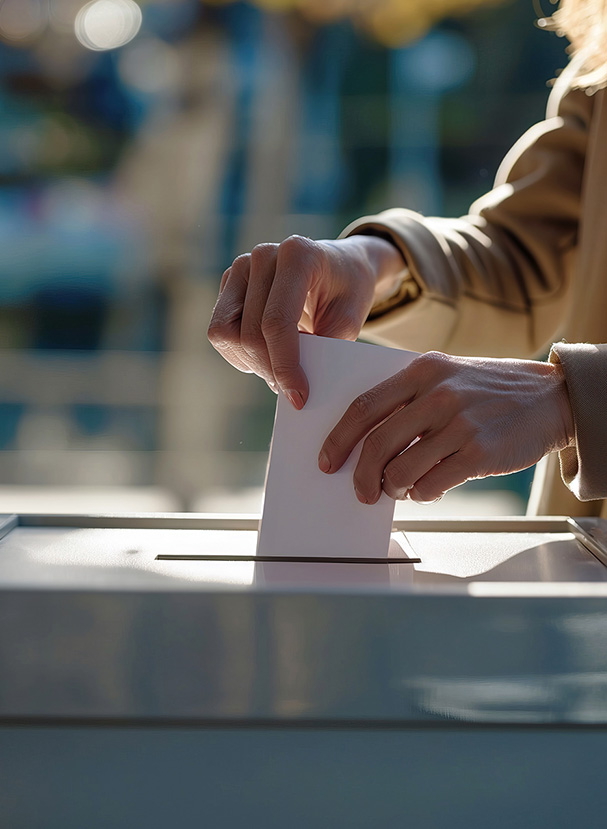
2018 Gabon Legislative Elections
16 Apr 2018
The Gabonese are scheduled to head to the polls to elect 111 members of the National Assembly on 28 April 2018. The members are elected to single member constituencies, via a simple majority. The Assembly is presently controlled by President Bongo’sGabonese Democratic Party. Senate and presidential elections are held separately to those of the National Assembly.
Key Points
- The election is due to be held on 28 April 2018.
- Polls were initially scheduled for late 2017, the delay has breached constitutional term limits.
- Recent political scandals in Gabon have led to violence both domestically and within the diaspora.
Situational Summary
Political: The Gabonese are scheduled to head to the polls to elect 111 members of the National Assembly on 28 April 2018. The members are elected to single member constituencies, via a simple majority. The Assembly is presently controlled by President Bongo’s Gabonese Democratic Party. Senate and presidential elections are held separately to those of the National Assembly.
The party which wins a majority of seats in the National Assembly is permitted to form a government with its leader as prime minister, although the recent constitutional reforms appear to have stripped the prime ministerial position of many of its powers and handed them to the president in its place. Cabinet members are also drawn from the National Assembly, although recent reforms compel them to swear an oath of loyalty directly to the serving president.
Solace Global Comment
Considering recent measures implemented by President Bongo, which appear to have further centralised control within his office, it is highly likely that his Gabonese Democratic Party will win a majority of seats in the upcoming election. This is further made likely by previous evidence of voter fraud conducted by his party and exacerbated by Jean Ping’s opposition movement appearing to shed support.
Since the 2016 presidential election; in which Jean Ping claimed to be the rightful winner, defeated only by alleged electoral fraud; political developments in Gabon have often been marred by public violence and unrest. These incidents generally occur around Libreville or Port-Gentil, and are often aggressively contained by security forces, with mass detentions being recorded. Key opposition leaders have also faced travel restrictions aimed at preventing them from leaving the country. This unrest reached a peak most recently during the aforementioned political reforms. The ruling party constructed and debated the amendments to the constitution with no publication or public discourse and, in combination with the delay to elections, this inspired significant violent unrest through December 2017 and January 2018. More sporadic outbreaks of unrest have occurred since, although the pace has reduced significantly. It remains likely that the period around the elections will lead to a repeat of the earlier unrest, although the apparent decrease in activist support for the opposition may reduce its impact.
SECURITY ADVICE
PoliticalModerateTravellers are advised to maintain a heightened level of situational awareness if traveling to Gabon before or immediately following the election; unrest is likely to occur, and likely to become violent. Travellers should take all possible measures to avoid coming into contact with post-election demonstrations. It is highly likely that there will be an increasingly overt security presence, particularly in Libreville. It is vital that travellers adhere fully to the instructions of security forces; opposition may result in a forceful response.
Solace Global would advise clients to employ enhanced security measures when visiting Gabon airport meet and greet and a security driver with a low-profile vehicle for the length of a visit should be the minimum security precaution. Travellers may also wish to employ executive protection. All travellers are advised to make use of travel tracking and intelligence software in order to permit employers to implement effective duty of care, and to permit travellers to remain aware of their security environment.